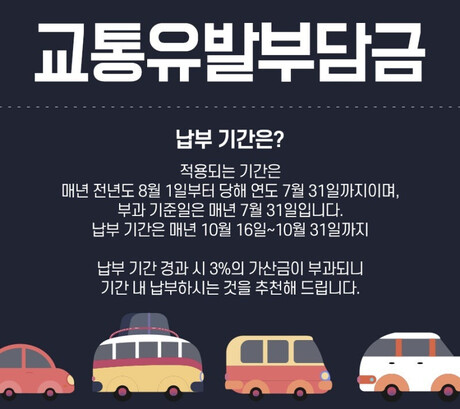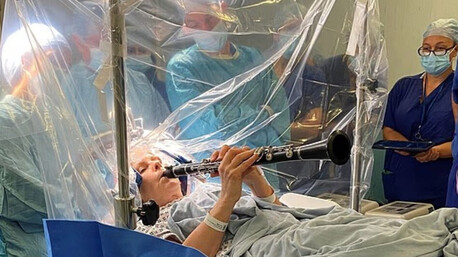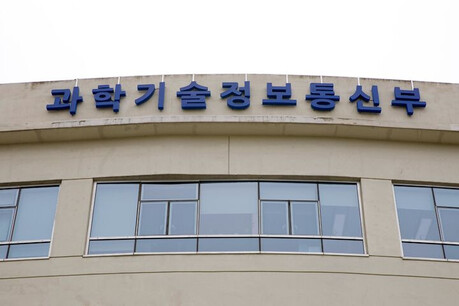
The Cuban Ministry of Public Health (MINSAP) officially announced that the Venezuelan government donated 90,000 doses of vaccines against diphtheria and tetanus to Cuba. While Cuban health authorities have claimed that these diseases were eradicated years ago, this vaccine donation has sparked controversy, suggesting that Cuba's basic immunization program now relies on external aid.
According to an explanation published by the Ministry of Public Health through Cuba's state newspaper Granma, the donated vaccines will be administered to first-grade elementary school students as part of the National Immunization Program, which has been in place since 1962.
This vaccine donation is particularly ironic given that the Cuban regime continues to promote the country as a "medical powerhouse." In reality, Cuban hospitals and clinics face a severe healthcare crisis characterized by a lack of basic medical supplies, drug shortages, outdated medical facilities, and a shortage of specialized personnel, as evidenced by constant complaints on social media and from patients.
In this context, there is growing criticism that it is contradictory for a nation that once prided itself on its leadership in international health to now depend on external donations even for basic childhood immunization programs.
While the vaccine support is welcome, analysts suggest that it clearly demonstrates the increasing external dependence and silent collapse of the Cuban healthcare system, which was considered a model for regional healthcare decades ago.
In a Cuban reality where even syringes are scarce and patients are asked to bring their own sheets, the official claim of being a 'medical powerhouse' is increasingly losing credibility. While Venezuela's vaccine donation may temporarily alleviate one part of the system, there are growing concerns that Cuba's public health is facing its worst moment in decades.
[Frequently Asked Questions About Venezuela's Vaccine Donation to Cuba and the Cuban Healthcare Crisis]
Q: How many doses of vaccines did Venezuela donate to Cuba, and which diseases do they prevent?
A: Venezuela donated 90,000 doses of vaccines against diphtheria and tetanus. These vaccines will be integrated into Cuba's National Immunization Program and administered to first-grade elementary school students.
Q: What is the current state of the Cuban healthcare system?
A: Cuba's healthcare system faces a severe crisis due to a lack of basic medical supplies, medications, and specialized personnel, as well as outdated hospital facilities. More than 70% of essential medicines are reportedly unavailable, forcing many Cubans to seek alternatives on the black market, which contributes to rising healthcare costs.
Q: How does dependence on external donations affect Cuba's image as a 'medical powerhouse'?
A: Dependence on external donations highlights the vulnerability of the Cuban healthcare system and contradicts its self-promotion as a 'medical powerhouse.' The collapse of the Cuban healthcare system is becoming increasingly evident, and the need for external support to maintain basic childhood immunization programs clearly demonstrates the instability of the sector.
Q: What role does the international situation play in the Cuban healthcare crisis?
A: The Cuban regime attributes the healthcare crisis to the US economic blockade and rising costs of raw materials and transportation. However, internal factors such as mismanagement and lack of funding have also significantly impacted the collapse of the Cuban healthcare system. International aid, such as vaccine and medicine donations, has become an essential resource to mitigate the situation.
Additional Information:
Cuba's Past Healthcare System: Following the revolution, Cuba established a free healthcare system and was internationally recognized for providing high-quality medical services. High vaccination rates and low infant mortality rates were particularly highlighted as achievements of the Cuban healthcare system. However, the economic hardship following the collapse of the Soviet Union in the 1990s led to underinvestment in the healthcare system.
Impact of the US Economic Blockade: The Cuban government argues that the US economic blockade hinders the import of medicines and medical equipment, exacerbating the healthcare system crisis. The blockade indeed makes it difficult for Cuba to access the international financial system and imposes restrictions on the procurement of essential medicines and equipment.
Internal Management and Investment Issues: Experts point out that, in addition to the US economic blockade, poor management and a lack of investment by the Cuban government are also significant causes of the healthcare crisis. Low wages for healthcare workers, poor working conditions, and a lack of maintenance of medical facilities have contributed to the decline in the quality of healthcare services.
Recent Cases of Deteriorating Cuban Healthcare: In recent years, Cuba has frequently seen cases where even simple surgeries are postponed due to a lack of essential medicines, or patients are required to procure their own medications. Furthermore, an increasing number of patients face difficulties accessing medical services due to the breakdown of medical equipment and the deterioration of facilities, and the emigration of healthcare professionals is also intensifying.
Venezuela's Economic Crisis: Once prosperous due to oil exports, Venezuela has been experiencing a severe economic crisis. In this context, Venezuela's donation of vaccines to Cuba can be interpreted as a sign of political solidarity, but given its own difficult economic situation, the sustainability of such support is uncertain.
While Venezuela's vaccine donation can be positively evaluated from a humanitarian perspective, many argue that it falls short of addressing the fundamental problems facing the Cuban healthcare system. The Cuban government faces the challenge of strengthening its own healthcare system and collaborating with the international community to overcome the healthcare crisis, rather than relying on external aid.
[Copyright (c) Global Economic Times. All Rights Reserved.]






























